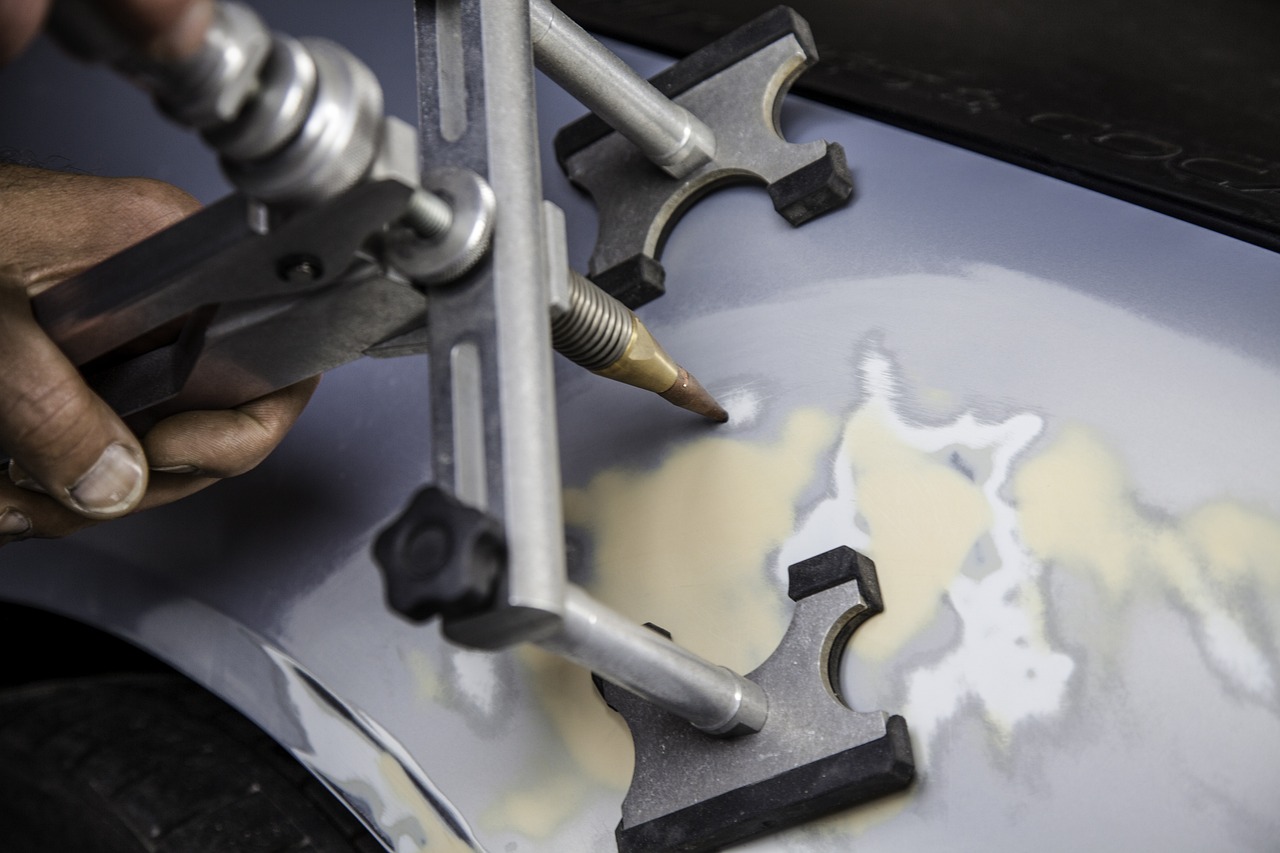The Evolution of Watch Movements: Mechanical vs. Quartz: Allpaanel mahadev book, Laserbook247, Bat book 247
allpaanel mahadev book, laserbook247, bat book 247: The Evolution of Watch Movements: Mechanical vs. Quartz
Watches have been a timeless accessory for centuries, with advancements in technology leading to the development of different types of watch movements. The two most common types are mechanical and quartz movements, each with its own set of pros and cons. In this article, we will explore the evolution of watch movements and compare mechanical and quartz watches.
History of Watch Movements
The earliest watches were powered by mechanical movements, which rely on a complex system of gears and springs to keep time accurately. These watches were meticulously crafted by skilled artisans and were often considered luxury items. However, the introduction of quartz movements in the 1960s revolutionized the watch industry.
Quartz movements use a battery to send an electric current through a quartz crystal, which oscillates at a specific frequency to regulate the movement of the watch hands. This technology made watches more affordable and accurate, leading to a decline in the popularity of mechanical watches.
Advantages of Mechanical Watches
Despite the rise of quartz movements, mechanical watches continue to be revered for their craftsmanship and intricate design. Mechanical movements are powered by winding a mainspring, which stores energy to keep the watch running. This traditional method of timekeeping appeals to collectors and enthusiasts who appreciate the artistry of watchmaking.
Mechanical watches are also known for their longevity, with many models lasting for generations with proper care and maintenance. Additionally, mechanical movements have a smooth sweeping motion of the second hand, adding a touch of elegance to the watch.
Advantages of Quartz Watches
Quartz watches are known for their accuracy and affordability, making them a popular choice for everyday wear. These watches require minimal maintenance, as the battery can last for several years before needing replacement. Quartz movements also have a robust construction, making them more durable and resistant to shock and impact.
Another advantage of quartz watches is the convenience of quartz movements. These watches are often equipped with additional features, such as chronographs and alarms, making them versatile timepieces for everyday use.
FAQs
Q: Are mechanical watches more expensive than quartz watches?
A: Mechanical watches are typically more expensive due to the precision and craftsmanship required to create them.
Q: Which type of watch movement is more accurate?
A: Quartz movements are known for their accuracy, as they are less affected by external factors such as temperature and humidity.
Q: Can I wear a mechanical watch every day?
A: While mechanical watches are durable, they may require more maintenance than quartz watches to ensure they continue to function properly.
In conclusion, both mechanical and quartz movements have their own unique characteristics and appeal to different types of watch enthusiasts. Whether you prefer the traditional craftsmanship of a mechanical watch or the precision of a quartz watch, there is a timepiece for every style and budget. The evolution of watch movements continues to shape the watch industry, with new technologies and innovations pushing the boundaries of timekeeping.







